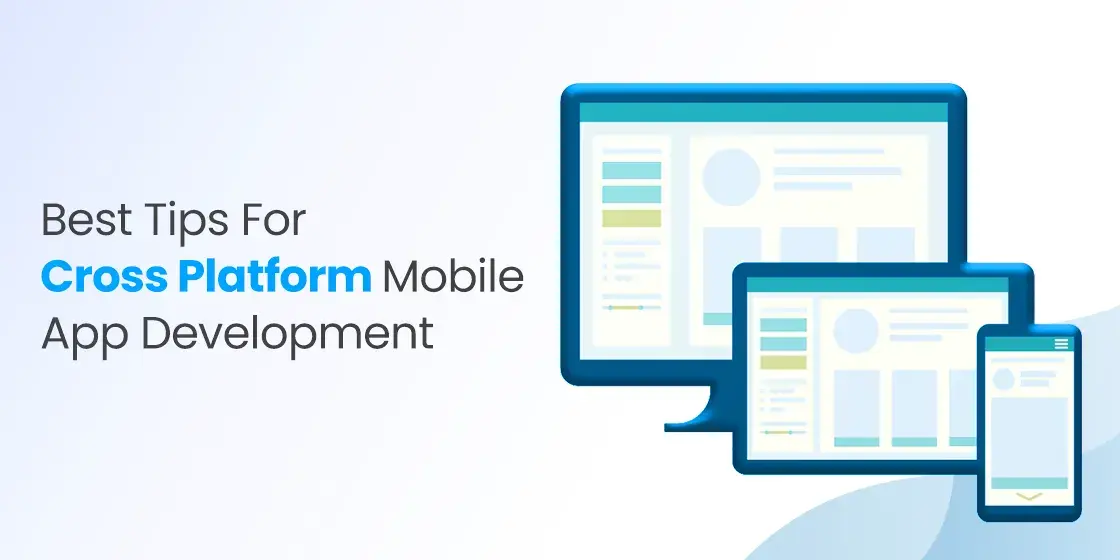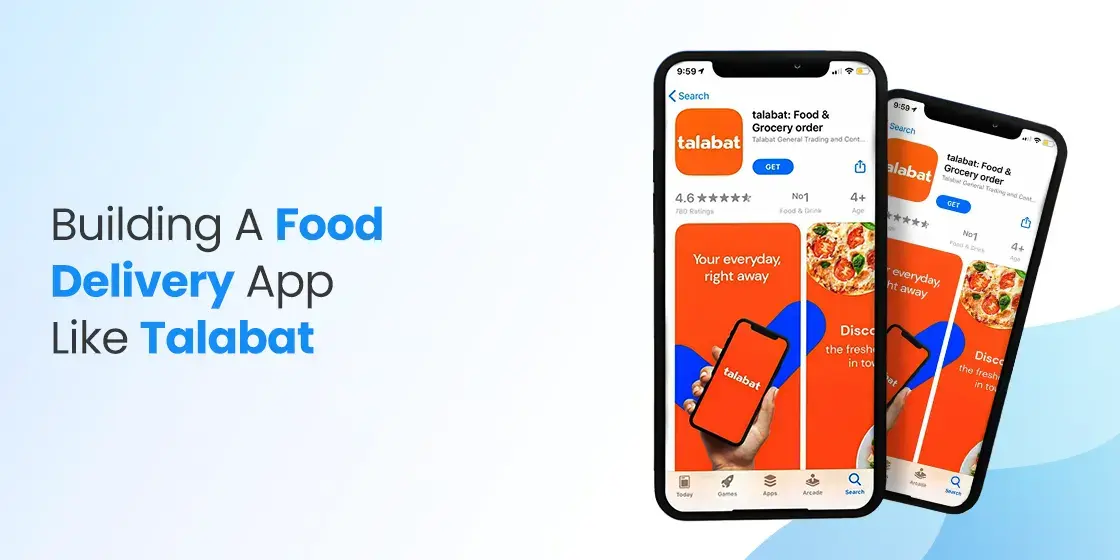Table of Content
Know About the Popular Cross Platform Mobile App Development Frameworks
The demand of mobile app development is quickly gaining traction in the market. Every business these days wants to create a mobile app that can facilitate its customers. From banks to ecommerce stores, mobile apps have become a necessary thing for everyone. Today, businesses want to capture customers using both Android and iOS devices, which means they need applications built using cross-platform technology. This is the major reason why cross platform mobile app development is gaining demand day by day. It is the process that allows businesses to develop applications for multiple platforms, so that every user can access them easily.
Building a cross platform mobile app is however not an easy task. It requires great technical expertise, as well as knowledge of the latest market trends. This is where many beginners often lack, as they do not know which type of cross platform mobile app development frameworks should be used to build applications. Some of them think that conventional tools can be used to build advanced apps, which is certainly a very wrong approach. This is a process in which you need to work with the best cross platform mobile app development frameworks that are built for quality app development like Xamarin, Cordova and more others.
Unfortunately, many beginners do not know about these cross platform mobile development frameworks. This article is therefore a perfect read for them, as it will let them know which type of tools and technologies should be used for cross platform mobile app development. It will highlight some of the best frameworks for cross platform mobile development currently available in the industry. Furthermore, the blog will also let you know which type of methodologies should be used to simplify mobile app development.
Let us first start from the basics understanding why cross platform mobile app development services are gaining popularity in the market. Let’s take a look at this point in detail below.
What is Cross Platform Mobile App Development?

Cross-platform mobile app development is a software development approach that enables the creation of mobile applications that can run on multiple operating systems and devices using a single codebase. This approach is particularly valuable because it allows developers to write code once and deploy it on various platforms, such as iOS and Android, reducing the need for duplicating effort and resources in building separate native apps for each platform.
Best cross platform mobile app development frameworks help developers to streamline the development process, saving time and money. One of the key advantages of cross-platform mobile app development is its cost-effectiveness. Since developers can reuse a significant portion of their codebase across different platforms, it reduces the overall development time and expenses.
This approach also ensures consistency in the user experience across various devices and platforms, as the same codebase is used for all versions of the app. Popular cross-platform mobile app development frameworks like React Native, Flutter, and Xamarin offer a range of pre-built components and libraries that simplify the development process and enable developers to create high-quality apps efficiently.
Rising Popularity of Cross Platform Mobile App Development
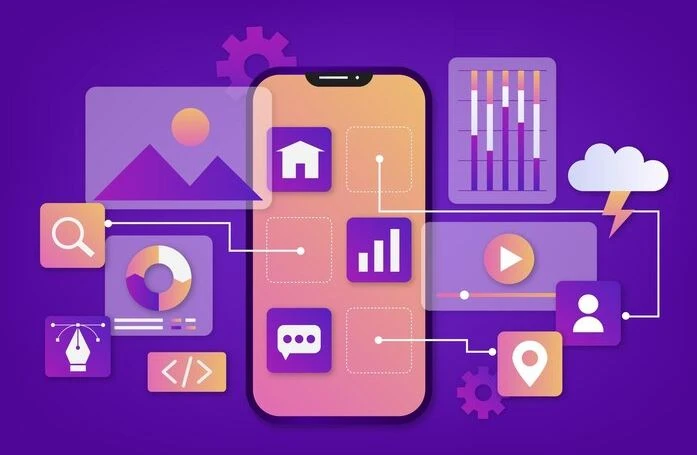
The rising popularity of cross-platform mobile app development or online crowdfunding app development can be attributed to several key factors. Firstly, it addresses the increasing demand for mobile applications on both iOS and Android platforms. As the mobile app market continues to grow, businesses and developers seek efficient solutions to reach a wider audience without the added time and resources required for building separate native apps for each platform.
Best frameworks for cross platform mobile development like React Native, Flutter, and Xamarin offer an appealing alternative by allowing developers to write code once and deploy it across multiple platforms, reducing development costs and time-to-market. This is one of the key reasons why many developers love to work with cross platform app development frameworks. They are not only good at easing the work, but also streamlining different tasks that actually requires a lot of time.
Another factor contributing to this fact is the rapid advancement of cross platform mobile app development frameworks. They have evolved significantly in terms of performance, flexibility, and access to native device features. Modern mobile app development tools offer better support for native-like user interfaces and have extensive libraries and plugins for integrating with device-specific functionalities. This has made cross-platform development more appealing for businesses and developers who prioritize a smooth user experience and a polished look and feel.
Best Cross Platform Mobile App Development Frameworks
If you are planning to build a mobile app for real estate like Dubai REST, you need to know about the best cross platform mobile development frameworks first. A lot of times, beginners do not even know about these tools, and yet they try to start developing mobile apps straight away.
It is certainly a wrong approach, because you must need to first know about the frameworks that are recommended for development. Let’s take a look at some of the popular names among them known in the industry today.
Ionic
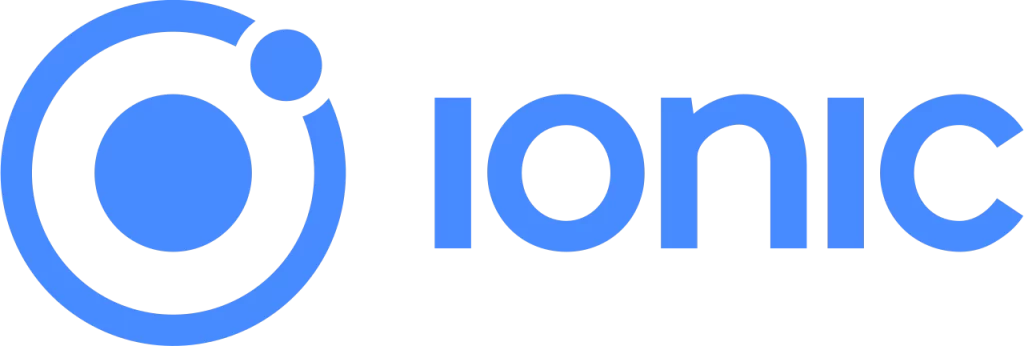
Ionic is the best cross platform mobile app development framework that has gained significant traction in the world of app development. One of its standout features is its ability to create high quality, native-like mobile applications for various platforms, such as iOS, Android, and the web, using a single codebase. Ionic primarily utilizes web technologies like HTML, CSS, and JavaScript to build mobile apps, and it combines these technologies with a wide range of pre-designed UI components and a robust development ecosystem.
Ionic offers a rich set of UI components and pre-built templates that enable developers to create visually appealing and responsive user interfaces. The framework’s user-friendly approach to design and development makes it a top choice for those looking to streamline app creation while maintaining a consistent user experience across different platforms. The use of web technologies also simplifies the learning curve for web developers, allowing them to transition into mobile application development with relative ease.
Ionic is built on top of Angular, a popular JavaScript framework, which provides a powerful foundation for creating dynamic and feature-rich applications. However, Ionic is not limited to Angular and can also be used with other cross platform app development frameworks like React and Vue.js. This is one of the key utilities of Ionic that makes it a top choice for mobile app developers, especially those that are working on Android apps.
Xamarin
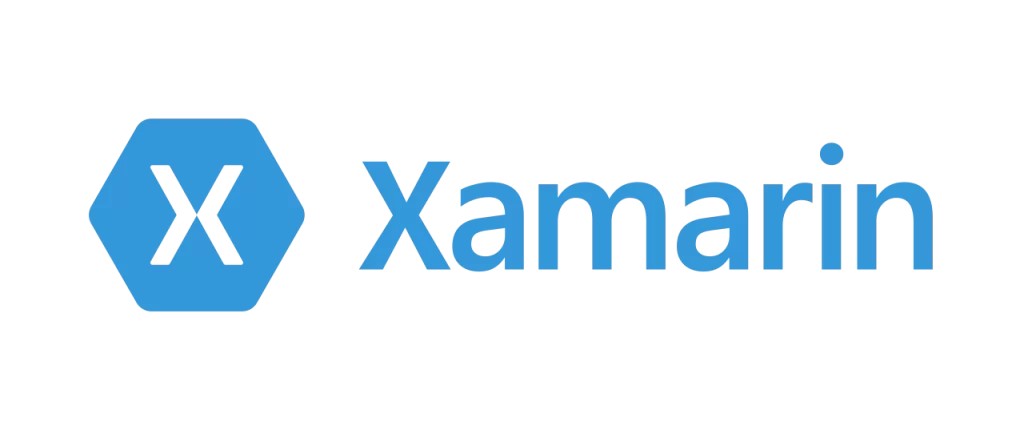
Xamarin is the best framework for cross platform mobile development that is widely known for its ability to create native mobile applications for iOS, Android, and Windows using a shared C# codebase. Xamarin leverages the Mono runtime, which is an open-source implementation of the .NET framework, allowing developers to write code in C# and share it across multiple platforms. This framework is appealing to developers and businesses looking for efficient cross-platform app development while maintaining the performance and user experience advantages of native apps.
One of the key strengths of Xamarin is its capacity to provide truly native experiences. Xamarin apps can access platform-specific APIs, features, and functionality, ensuring that they look, feel, and perform like native applications. This is particularly important for smartwatch apps that require a high level of performance, responsiveness, or deep integration with device-specific features. Xamarin’s close alignment with the underlying operating systems makes it a top choice for companies and developers aiming to deliver seamless, high-quality user experiences.
Xamarin also offers a rich ecosystem of tools and libraries, including Xamarin.Forms, which enables developers to build cross-platform user interfaces with a single codebase. This facilitates code sharing and accelerates the development process. Additionally, Microsoft’s acquisition of Xamarin in 2016 has brought even greater support and integration with Visual Studio, one of the most popular integrated development environments (IDEs) for app development.
Flutter

Flutter is a renowned name in the circuit of mobile app development around the world. Developers simply love this platform because it provides plethora of features for mobile app development. Not just Android, but Flutter can be used for the development of iOS apps as well. This is the major reason why developers from both sides prefer to use Flutter. They don’t have to switch platforms while developing Android and iOS apps. Flutter gives them the flexibility to remain on one platform and manage all types of dev jobs easily.
Developed by Google, Flutter offers a single codebase platform that allows developers to build natively compiled applications for mobile, web and desktop platforms. It is one of the best framework for cross platform mobile development that provides different features for powerful performance. The apps built with Flutter are therefore more preferred by the businesses, because they also know about the tools that are rated top in the market.
One of the key features that makes Flutter a great choice for app development is the availability of hot reload. Like React Native, this feature is also present in Flutter, giving developers a great leverage to change the code and analyze the results immediately. Apart from that, Flutter also provides a widget-based architecture that allows developers to build advanced UI components on the go.
React Native
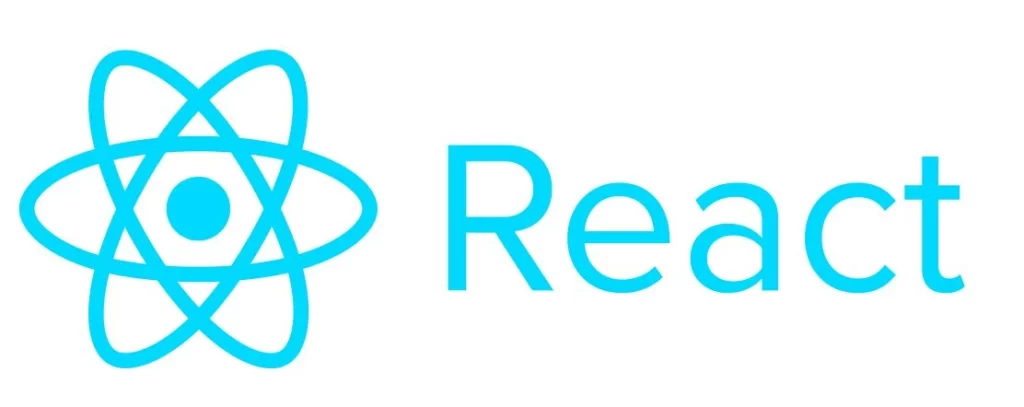
When it comes to specify the best cross platform mobile app development frameworks that are loved by everyone, the name of React Native always comes at the first place. It is a popular cross platform mobile app development framework that is used by thousands of developers around the world. They understand the utility of this framework, as how powerful it is in developing all types of mobile applications. From banking to clothing mobile apps, React provides the edge to develop applications that can fulfill all your demands.
Another reason that makes React a top choice of developers is that it is a completely free open-source framework. This means that developers can easily use it to build applications for both Android and iOS devices efficiently. They just need to come up with a proper technical knowledge to master this framework because absolute beginners can face difficulties while using it.
The good thing is that React allows you to use existing knowledge of JavaScript to build quality mobile apps. This means that if you have got the expertise on JavaScript, then you can easily start working with React after understanding the framework context. It is also the major reason why many JavaScript developers have quickly adopted this framework. They found stunning ease in using this framework which is indeed quite advanced as compared to others.
Node.js
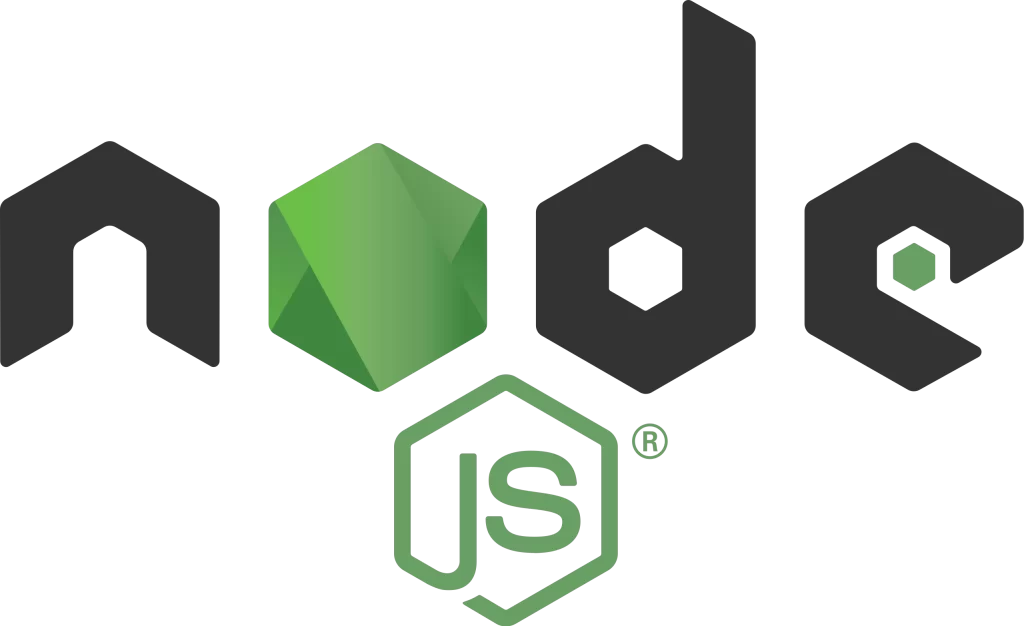
Node.js is a powerful app development framework built on the Chrome V8 JavaScript engine. It offers a stunning open-source environment that allows developers to build advanced server side networking apps. The good thing about Node.js is that it can help multiple concurrent connections together. This means that developers can work with different networks while staying inside a single platform using Node.js. This is certainly a powerful feature that makes Node.js one of the best cross platform mobile app development available in the market.
Node.js comes up with a huge library of advanced JavaScript modules. It is a great reward for the developers, because having such a great stock inside the best framework for cross platform mobile development reduces their job to find anything from outside. Though in some cases, external libraries are required, but these instances only arise when the task is more complicated.
Talking about the core benefits of the framework, Node.js is considered highly fast in executing different APIs. The usage of Chrome V8 engine is the major reason behind this fast speed. It also provides a single threaded model to develop smooth functioning applications. That is why developers simply love to use Node.js whenever they are required to create advanced web apps having the functionality of connected APIs.
NativeScript
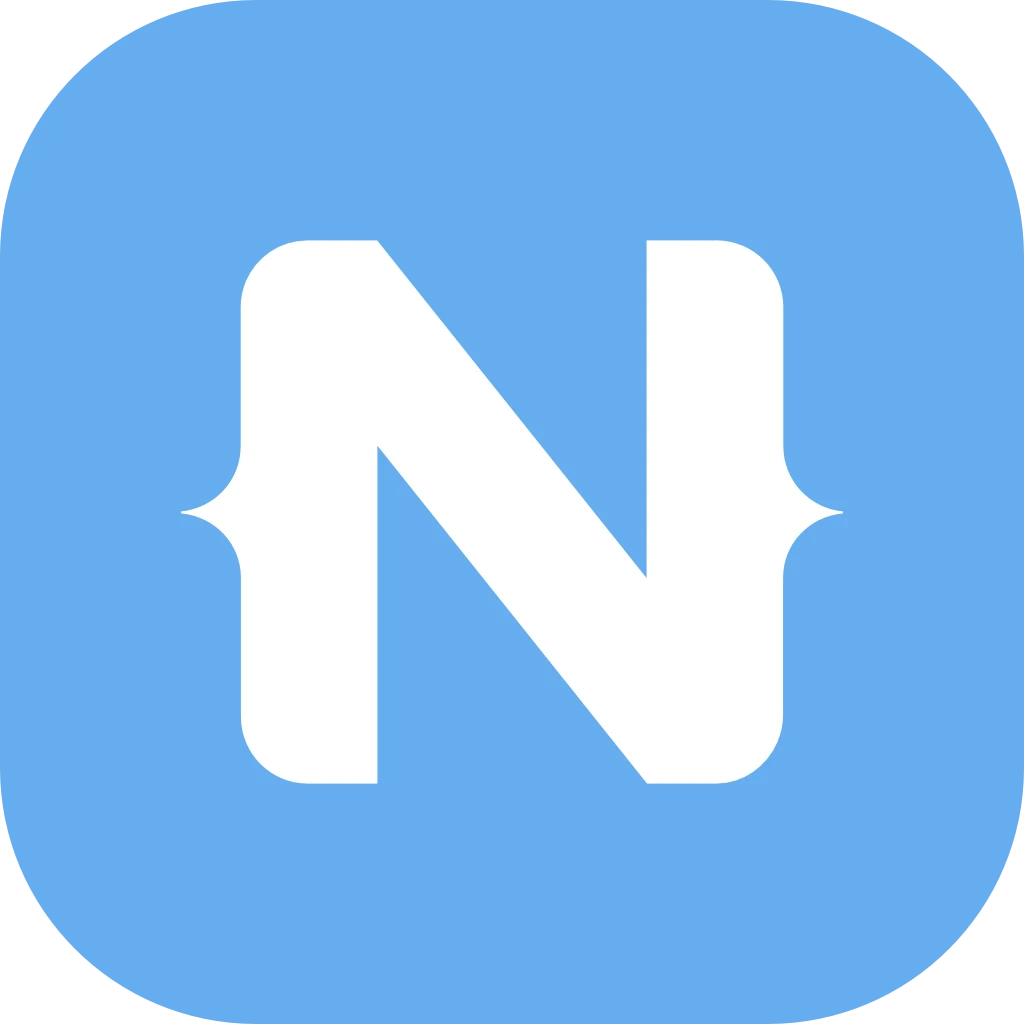
NativeScript is an open-source framework that allows developers to build cross-platform mobile applications using JavaScript, TypeScript, or Angular. One of its standout features is that it provides a way to create native mobile apps for both iOS and Android from a single codebase. This is achieved by leveraging native APIs directly, meaning developers can access device features like the camera, GPS, and sensors without the need for web views or hybrid solutions. This results in applications that perform nearly as well as their natively developed counterparts.
A key advantage of NativeScript is its use of XML for UI design, which allows developers to define user interfaces in a declarative manner. This approach separates the UI from the business logic, making it easier to manage and maintain. Additionally, NativeScript supports a rich set of UI components that are designed to look and feel native on both platforms. This ensures that users have a seamless experience, as the app adheres to the design guidelines of each operating system, whether it’s iOS or Android.
Furthermore, NativeScript’s ecosystem is bolstered by a strong community and a variety of plugins, which facilitate the integration of third-party libraries and services. This extensibility makes it easier for developers to add functionality to their applications, such as analytics, cloud storage, and social media sharing. With features like live syncing and hot module replacement during development, NativeScript accelerates the development process, enabling faster iterations and a more efficient workflow.
Apache Cordova

Apache Cordova is one of the best cross platform mobile app development frameworks that allows developers to create applications using HTML, CSS, and JavaScript. By wrapping web applications in a native container, Cordova enables these applications to access device features such as the camera, accelerometer, and GPS through a standardized JavaScript API. This approach eliminates the need to write separate code for each platform, significantly reducing development time and effort.
One of the main advantages of Cordova is its flexibility and compatibility with various frameworks and libraries. Developers can use popular front-end frameworks like Angular, React, or Vue.js to build the user interface, while leveraging Cordova’s plugins to access native device functionalities. This integration allows for the development of rich, interactive applications that feel native to each platform. Cordova also supports a wide range of plugins created by the community, which extend its capabilities and allow for quick implementation of common features.
However, while Cordova offers significant benefits in terms of cross-platform development, there are some limitations. Performance can sometimes lag behind that of fully native applications, particularly for graphics-intensive tasks or complex animations. Additionally, developers may encounter challenges with plugin compatibility and updates across different platforms. Despite these drawbacks, Cordova remains a popular choice for many developers around the world.
Corona SDK

Corona SDK is a powerful framework that empowers developers to create 2D mobile applications across a variety of major platforms, including Kindle and Windows. This versatility makes it an attractive option for developers looking to reach a broad audience without the need to write separate code for each operating system. By streamlining the development process, Corona SDK facilitates the creation of engaging mobile and game applications with remarkable efficiency.
One of the standout features of Corona SDK is its ability to accelerate the development cycle significantly, offering speeds that can be up to ten times faster than traditional methods. This rapid development is crucial for developers who want to bring their ideas to market quickly or iterate on existing projects. The framework provides a rich set of tools and libraries that simplify many aspects of development, from graphics rendering to physics simulations, allowing developers to focus on creating innovative gameplay experiences and user interfaces.
At the core of Corona SDK’s performance is its use of Lua. Its simplicity and flexibility makes easy for developers to write clean and efficient code, while its robust features support both procedural and object-oriented programming. This combination of speed, reliability, and ease of use contributes to the impressive results achieved with Corona SDK, making it a favored choice among developers looking to create high-quality 2D applications efficiently.
Kotlin

Kotlin Multiplatform is an innovative open-source technology designed to facilitate cross-platform mobile app development. It empowers developers to write code that can be shared across various platforms, including iOS and Android, allowing for a more cohesive development experience. By enabling the use of a single codebase for business logic, Kotlin Multiplatform streamlines the process of creating mobile applications, making it easier to maintain consistency and efficiency throughout the development lifecycle.
One of the primary advantages of Kotlin Multiplatform is its ability to significantly accelerate the development process. By allowing developers to share core functionality—such as data management, networking, and business rules—across different platforms, teams can focus on writing platform-specific code only when necessary. This approach not only speeds up the overall development timeline but also reduces the potential for bugs and inconsistencies that can arise when maintaining separate codebases for each platform.
Additionally, Kotlin Multiplatform fosters collaboration among development teams by promoting the use of Kotlin, a modern programming language that is widely appreciated for its readability and conciseness. This shared language across both mobile platforms simplifies the onboarding process for new developers and enhances team productivity. Furthermore, the flexibility of Kotlin Multiplatform allows teams to incrementally adopt the technology, making it an appealing choice for existing projects looking to optimize their development processes without a complete overhaul.
Framework 7

Framework 7 is a versatile, free, and open-source framework designed for creating applications that deliver a native look and feel across various platforms. Its primary strength lies in its ability to empower developers to craft visually appealing and highly functional apps without being tied to a specific operating system. This framework stands out in the crowded landscape of app development tools by prioritizing ease of use and accessibility, allowing developers to leverage web technologies like HTML, CSS, and JavaScript effectively.
One of the key advantages of Framework 7 is its rich set of features, which caters to a wide range of development needs. It provides a comprehensive suite of pre-built components, such as navigation bars, forms, and modals, which streamline the development process and enhance the user experience. Additionally, Framework 7 supports various advanced functionalities, including touch gestures, animations, and responsive layouts, ensuring that applications not only function seamlessly but also engage users visually.
Moreover, Framework 7 allows for the creation of apps using a single code base. By using this approach, developers can maintain and update their applications more efficiently, as changes can be implemented across all platforms simultaneously. This cross-platform capability reduces the time and resources required for app development, making it an attractive option for startups and established companies alike. Overall, Framework 7 is a powerful solution that combines functionality, flexibility, and easiness to build applications.
Frequently Asked Questions
| What is cross platform app development? Cross-platform app development refers to the process of creating applications that can run on multiple operating systems. This approach allows developers to streamline their workflow and reach a wider audience without needing to write separate code for each platform. |
| Why businesses prefer to build cross platform apps? Businesses prefer to build cross-platform apps because they reduce development time and costs by using a single codebase for multiple operating systems. This approach also enables a broader reach to diverse user demographics, maximizing potential market impact. |
| Which are the best platforms for cross platform app development? There are a variety of frameworks on which you can develop advanced cross platform applications. Some of the top among them includes React Native, Kotlin, Ionic and more others. |
Relevant Articles on Apps:
Final Words
That takes us to the end of this blog in which we have discussed different cross platform mobile app development frameworks that are currently popular in the market. These frameworks are quite advanced, as they allow you to work with different modules and features efficiently. However, to do that, you must need to have a strong technical knowledge. If you will ignore that, then none of these frameworks will come handy for you in cross platform mobile app development. This blog has listed some of the top frameworks that you should learn today, as they provide various benefits to develop quality cross platforms apps with ease.
Meanwhile, if you don’t have a technical background and are looking for a company that could help you to develop cross platform mobile apps, give us a quick call today. We have got plenty of experience in this field, and our experts can help you to develop quality mobile apps effortlessly.

Empower your digital journey with StruqtIO - Your dedicated partner for cutting-edge custom software development, innovation, and digital transformative solutions. Harness the power of technology to elevate your business and redefine your digital landscape today.
